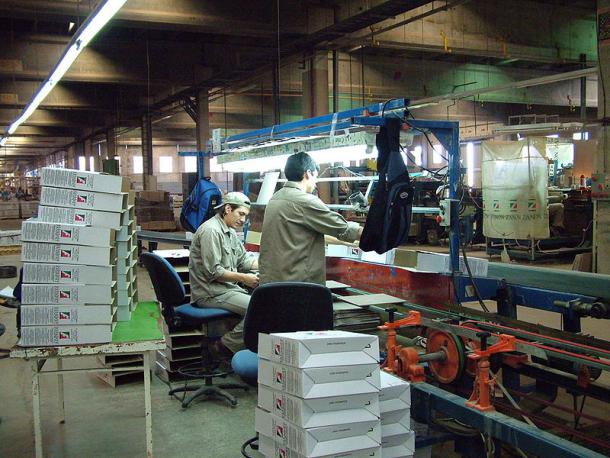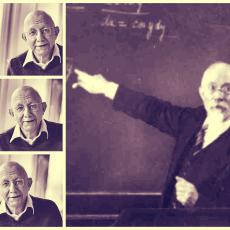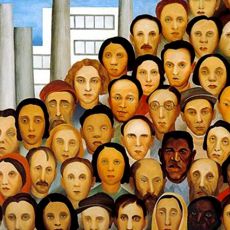Workers' control in Argentina
Workers’ control of production has been associated for many years in Argentina with the establishment and diffusion of workers cooperatives. Outside cooperativism, factory occupations have often represented the way through which workers’ took control of production. These occupations should however be inscribed within the repertoires of collective action rather than representing a clear strategy for workers’ control. Four cases of occupations can be mentioned for their importance: the slaughterhouse Lisandro de la Torre in Mataderos during January 1959, the shipyard Astarsa in 1973, the paper factory Mancuso Rossi in La Matanza between 1974 and 1976 and the Ford plant of General Pacheco during 1985. These occupations, even when attempted to establish forms of workers’ direct control of production, have been mostly defensive actions aimed to protect established rights and have often been used to call for a direct intervention of the State in the resolution of labour conflicts.
The cases of recovered factories which started to appear in Argentina by the end of the 1990s and exploded in 2001, in coincidence with the worsening of the economic crisis, represent a qualitative advance as far as forms of workers’ control are concerned. In all these cases, the occupation has not been an action used to rebalance power within a traditional labour conflict, but rather the last remedy available to workers to save their income and job. In the lack of any options in the labour market, the occupations represented the spark for a new organisation of work under workers’ self-management. The elimination of managerial levels, the adoption of democratic decision making practices, the equal distributions of salaries, represented the almost spontaneous form of work organisation used by workers in all these experiences. Notwithstanding the limitations imposed by market competition to the extent of these changes, these cases are a proof of the existence even in our societies dominated by capitalism social relations, of an alternative, more democratic, participatory and dignified form of work.




